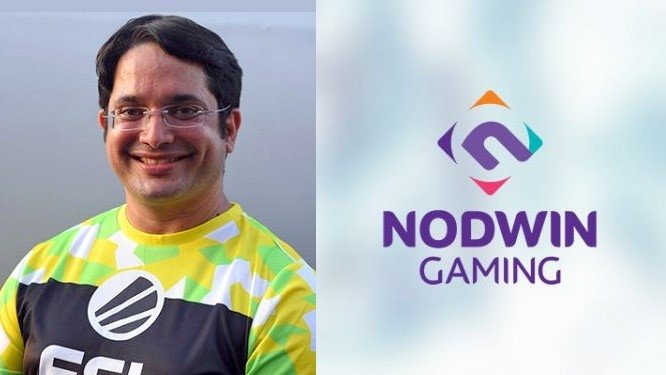A
kshat Rathee, co-founder of Nodwin Gaming — which also runs the ESL’s India operations has called for a greater distinction to be drawn between gaming and gambling.
“Across the world RMG [real money gaming] businesses show up, make tons of money on the backs of a large base of people losing games, and eventually governments call it gambling,” Rathee observes in a recent interview with AFK Gaming (paywalled). “The largest of these companies either fight back or they obtain gambling licenses and continue to operate in a regulated manner. In such a scenario, the government collects tax and license revenue, the companies continue profiting and responsible gambling remains the overarching theme.”
He goes on to say that this does not happen in India with greater differentiation needed.
Nodwin Gaming is owned by Indian games giant Nazara and hosts multiple gaming events across the country. It has operations in over 60 countries across emerging markets including India, Africa, the Middle East, South East Asia and Latin America. Nazara says it has invested Rs. 300 crore in the last five years in the Indian gaming ecosystem.
It’s bold of Rathee to assume such a stance, particularly when Nodwin’s parent company Nazara has forayed into gambling as well. Due to the social stigma around the term ‘gambling’ most of these efforts are rebranded as ‘real money gaming’ or RMG for short, IGN India reports.
The lack of a clear delineation has resulted in actual video games coming under the category of gambling, leading to unjust bans.
This happened late last year in October when Andhra Pradesh CM YS Jagan Mohan Reddy had asked Union Minister RS Prasad to block 132 websites in the state. IGN India has accessed the letter sent by the Andra Pradesh government to the IT minister and noticed the likes of Electronic Arts on the list, which is a video games company known for franchises like FIFA, Sims, and Mass Effect. FIFA itself is one of the world’s biggest esports.
Unless there’s a proper distinction in place, there may be more such ban requests on the horizon.
“I would also differentiate between RMG and Fantasy given the current situation in India,” Rathee says. “Fantasy as defined by FIFS (Federation of Indian Fantasy Sports) is legal according to the courts in India. Rummy is a skill-based game. All other RMG games are not fully legal, nor are they esports.”
What this means is, unless we see a greater distinction between gaming and gambling, the Indian video games industry may be the casualty in the expansion of gambling companies in the country.
From 2018, these companies sponsored video game events like the Indian Game Developers Conference in an attempt to be perceived as similar to video games. At the same time, thanks to an influx of venture capitalist funding, certain Indian game studios have pivoted to gambling, developing teen patti and rummy-styled games that promise cash prizes.
Publicly though, IGDC Convenor Rajesh Rao has defended such companies, claiming them to be making ‘games as skill’. This argument, of course, completely side-steps the human cost of such activities.



